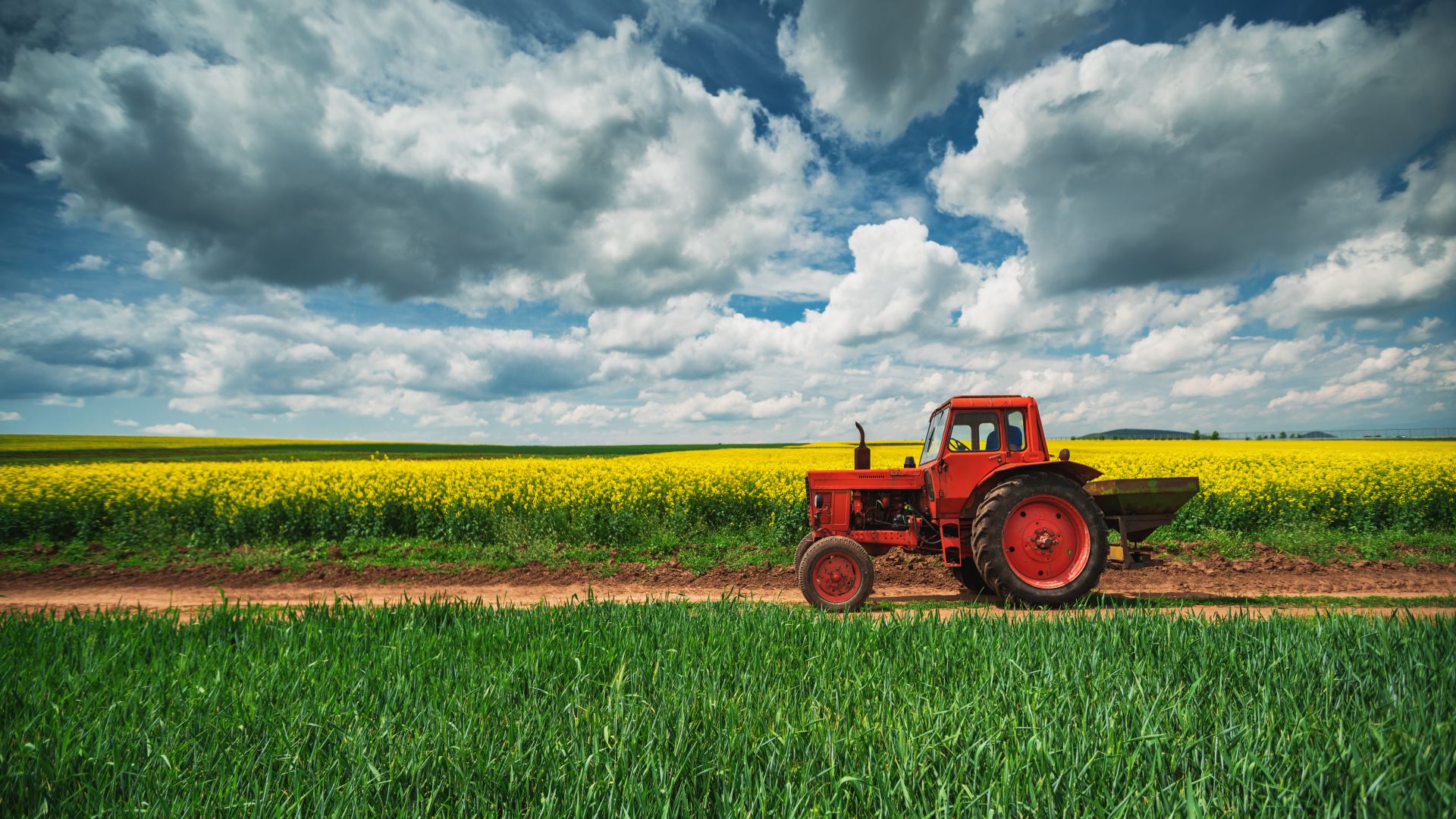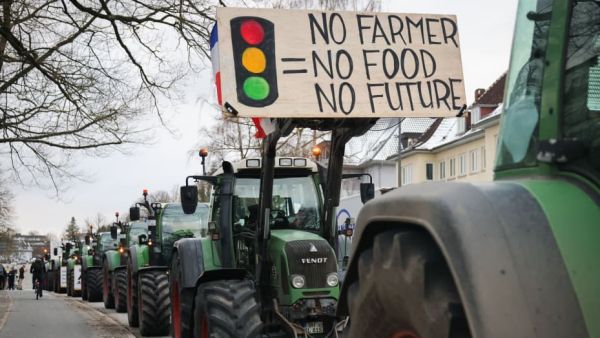Months of negotiations on the Common Agricultural Policy transitional regulations have ended today, bringing good news for European farmers. S&Ds have managed to include key points related to the allocation of funds in the context of aftermath of the COVID-19 pandemic in the agreement on the transition to the next CAP. In a next step, it is now up to the European Council to ensure the next EU budget is fit to tackle the problems of the European agriculture sector.
Clara Aguilera, S&D negotiator on the file said:
“Our aim is to give stability and legal certainty to European farmers until the next CAP is ready for implementation, and also to include some new elements related to the market which are highly relevant in this period, made difficult by the COVID-19 pandemic and its after-effects.
“The political agreement reached on 30th June in the negotiations between Parliament, Council and Commission gives legal certainty to farmers by extending the current CAP by two years. Now it remains for the levels of finance to be agreed by Member States in the Multi Annual Financial Framework 2021-2027.”
Note to editors:
The main measures agreed upon are:
• Extension of the CAP until the end of 2022, so for two years compared to the Commission's original one year proposal.
• Extension of the current rural development programming until the end of 2025, including LEADER, which would otherwise have ended in December this year.
• Extension of multi-annual measures which can continue funding rural development (agri-environment schemes, animal welfare) for a period between one and five years, with further extension for exceptional cases, compared to the three years maximum proposed by the Commission. Multi-annual financing is also now reinstated for organic agriculture.
• Reinforcement of risk management in line with the results of the Omnibus Regulation, reducing the triggering threshold from 30% losses to 20%, in order to activate mutual funds against adverse climate events, and for farm income stabilisation, providing security on production and stabilisation instruments for sectoral income.
• Extension of operational programmes foreseen by the CMO until the end of 2022. Moreover, fruit and vegetable and apiculture operational programmes foreseen in the CMO will run until the end of 2022. The producer organisations in the F&V sector can continue to the planned end of the current programmes, without needing to further notify the Commission
• Extension of vine planting rights, converting the rights into authorisations until the end of 2022, to take into account some of the delays in planting due to the effects of COVID-19 on planting capacity in the fields.
• Regulation for olive oil and table oil marketing, giving Member States the possibility to define rules on marketing in order to stabilise the functioning of the market, as is already the case for wine.









